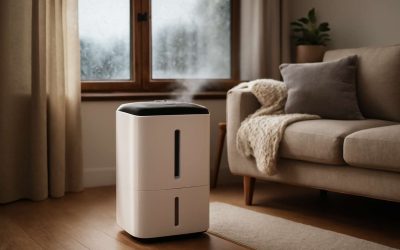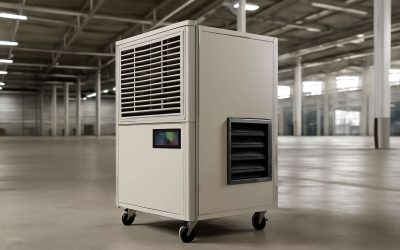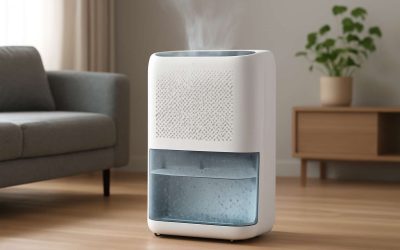Humidity is the amount of water vapor in the air. It is commonly measured as a percentage of the maximum amount of water vapor the air can hold at a given temperature, called relative humidity.
Humidity affects people, plants and animals in many ways, from the ability of an animal to thrive in a certain environment to how much we sweat in hot temperatures. Humidity also plays a role in the formation and chemical reactions of air pollutants, having a significant impact on both indoor and outdoor air quality.
High humidity means we’re experiencing an overabundance of moisture in the atmosphere. This causes a number of issues, both in the air and on our skin, including drier eyes and lips, scaly skin and irritated sinuses. It can also cause asthma and allergy symptoms to flare up, and it can aggravate existing respiratory conditions.
While it isn’t as bad as low humidity, too much moisture in the air can be just as dangerous to your health. It makes it easier for dust mites and mold to grow, which can irritate your nose and throat and trigger allergy and asthma symptoms. Humid environments also encourage the spread of bacteria and viruses.
When humidity is high, our bodies feel hot and sticky because sweat can’t evaporate. The body then tries to regulate its temperature through excessive sweating, increased blood circulation and respiration. This can lead to fatigue, a headache and decreased concentration as the body struggles to keep up with its natural cooling system.
Humid weather also creates an ideal breeding ground for mosquitoes. Since they need water vapor to form, mosquitoes breed and lay eggs more easily in areas with high humidity. This can result in higher mosquito populations, and it can be challenging for those who struggle with allergies or asthma to avoid being attacked by these harmful insects.
Fortunately, there are ways to control the level of humidity in your home. Most HVAC systems will automatically reduce humidity as they cool or warm the air, but you can find special systems that allow you to adjust the level. You can also purchase humidifiers that add humidity to your home.
A healthy home should have a humidity level between 40 and 60%, which is considered ideal for human comfort and good health. When humidity is at this level, your skin will stay hydrated and you’ll experience fewer respiratory problems. It’s important to speak with your pulmonologist in New York about the benefits of managing the humidity in your home, and how you can improve your family’s comfort and health.



0 Comments